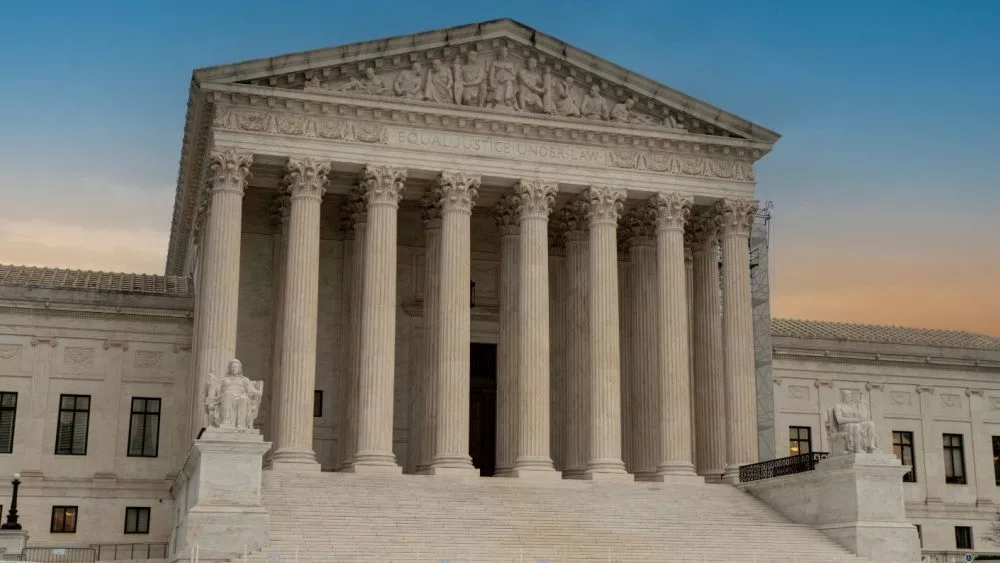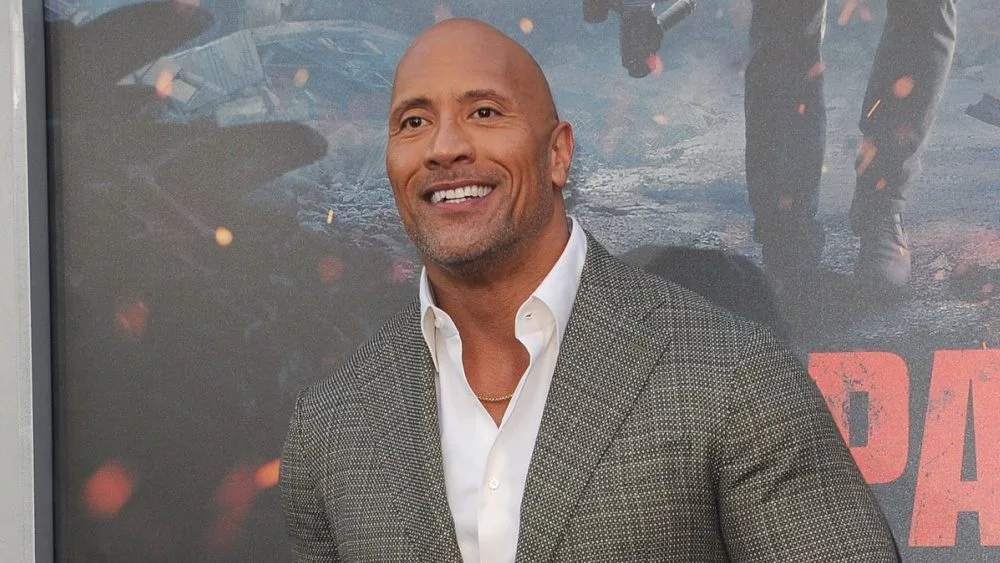The Supreme Court on Wednesday upheld a Tennessee law that prohibits certain forms of gender-affirming medical treatment for minors. This ruling marks the first time the Supreme Court has directly addressed a state law targeting gender-affirming care, making it one of the most consequential decisions related to LGBTQ+ rights in recent years.
The high court ruled 6-3 in United States v. Skrmetti, with Chief Justice John Roberts writing for the majority. Roberts stated: “this case touches on deeply contested scientific and policy discussions about the risks, benefits, and ethical considerations of medical care in a rapidly developing field. There are strong, sincere viewpoints on both sides, and the stakes are significant for everyone involved.”
According to Roberts, the court concluded that Tennessee’s law does not violate the Equal Protection Clause of the Fourteenth Amendment. He emphasized that the matter should ultimately be decided by lawmakers and the electorate, not the judiciary, writing that: “The Equal Protection Clause does not resolve these contested policy issues. And it does not grant us the authority to resolve them according to our own judgment. Our responsibility is not to assess the merit or logic of the law in question, but simply to determine whether it stands up under constitutional scrutiny.”
In rejecting the challenge brought by several transgender teens and their parents, Roberts dismissed the claim that denying access to puberty blockers and hormone therapy constituted sex-based discrimination, writing that: “the law applies equally to all minors. Under SB1, no minor is permitted to receive puberty blockers or hormone therapy for the treatment of gender dysphoria.”
The court’s three liberal justices – Sonia Sotomayor, Elena Kagan and Ketanji Brown Jackson – dissented, with Justice Sotomayor delivered her dissenting opinion from the bench. Sotomayor expressed deep concern over the majority’s ruling: “this decision effectively invites lawmakers to legislate discrimination,” she said. “It gives a green light to policies that will cause significant harm to transgender youth and their families.” Sotomayor argued that the Court had failed to fulfill its duty by refusing to subject the law to serious constitutional review: “In choosing to stand back when it matters most, the Court leaves transgender children and those who care for them at the mercy of politics. I cannot stand by this—so I dissent, with sorrow.”
Nationwide, an estimated 1.6 million people over the age of 13 identify as transgender, with approximately 300,000 of them between 13-17 years old. Tennessee is among 24 states that currently enforce bans on gender-affirming care for transgender youth.
Editorial credit: creativetan / Shutterstock.com








